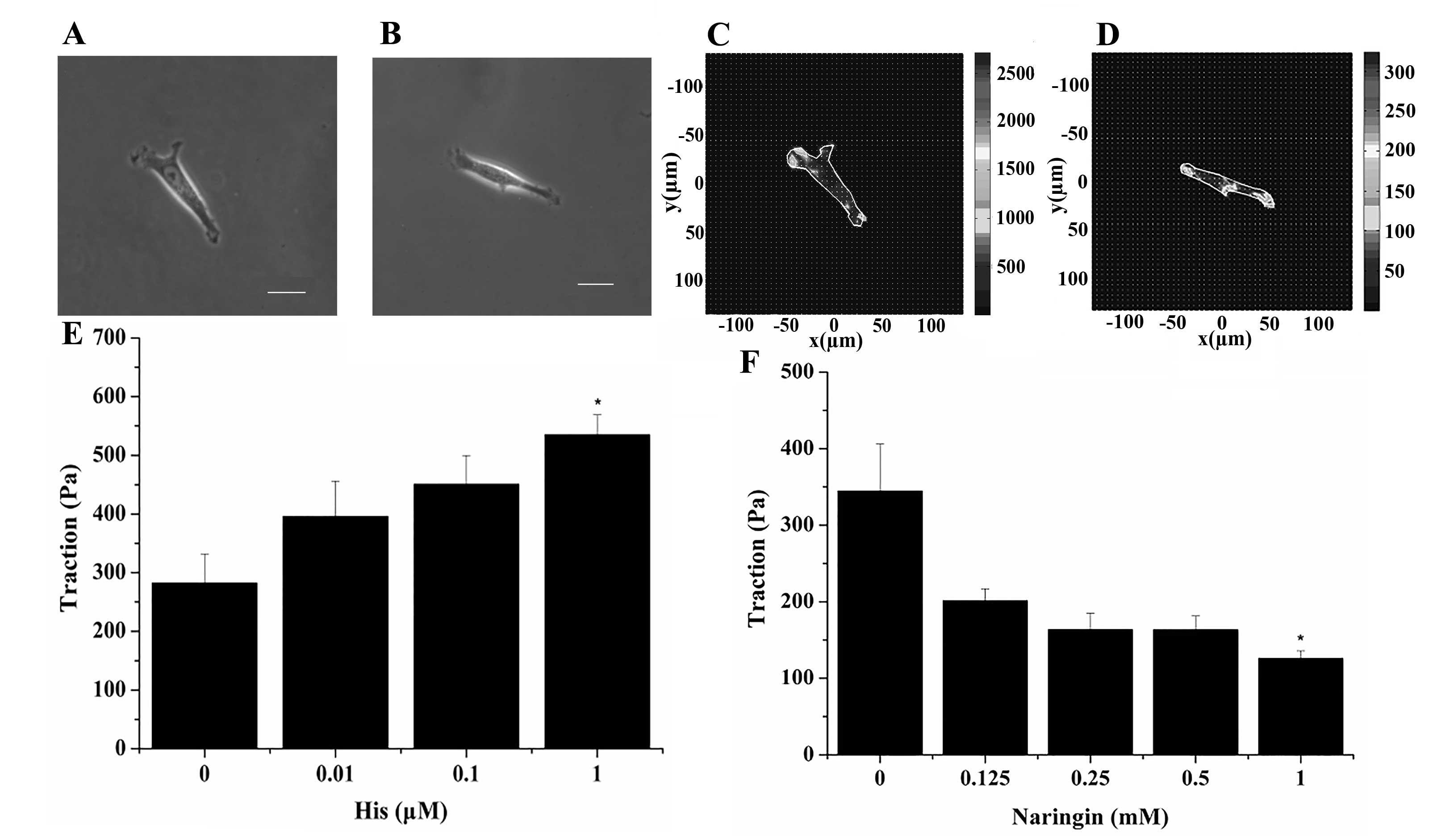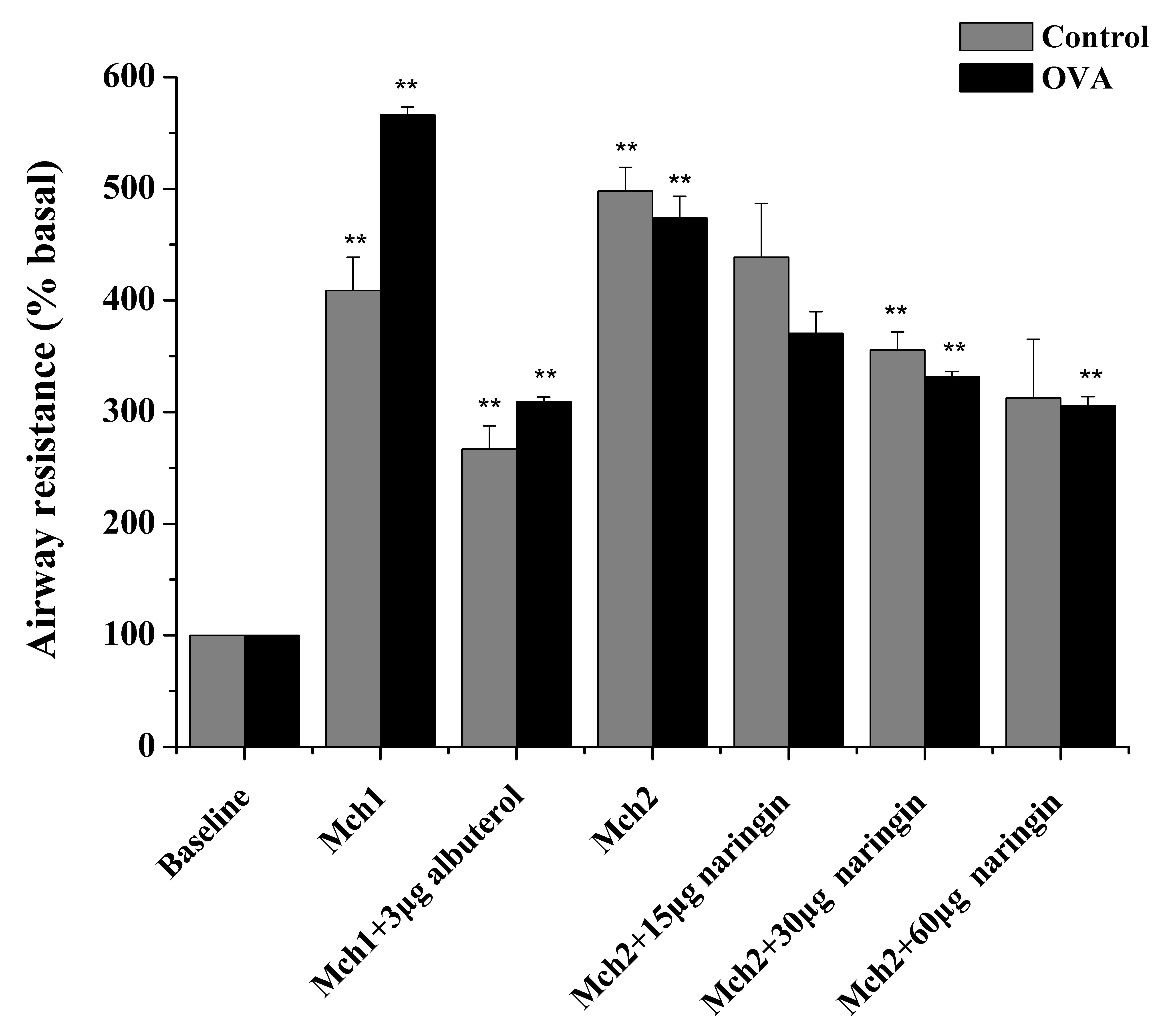|
1
|
Alotaibi, GhaziAbdulrahman: Asthma control
and self-management: The role of asthma education. Saudi J Health
Sci. 4:16–22. 2015. View Article : Google Scholar
|
|
2
|
Al Frayh AR, Shakoor Z, Gad El Rab MO and
Hasnain SM: Increased prevalence of asthma in Saudi Arabia. Ann
Allergy Asthma Immunol. 86:292–296. 2001. View Article : Google Scholar : PubMed/NCBI
|
|
3
|
Centers for Disease Control and Prevention
(CDC), . 2012 National Health Interview Survey (NHIS) Data.
http://www.cdc.gov/asthma/nhis/2012/data.htm
|
|
4
|
Albazzaz MK and Patel KR: Effect of
azelastine on bronchoconstriction induced by histamine and
leukotriene C4 in patients with extrinsic asthma. Thorax.
43:306–311. 1988. View Article : Google Scholar : PubMed/NCBI
|
|
5
|
Fredberg JJ: Bronchospasm and its
biophysical basis in airway smooth muscle. Respir Res. 5:22004.
View Article : Google Scholar : PubMed/NCBI
|
|
6
|
Hershenson MB, Brown M, Camoretti-Mercado
B and Solway J: Airway smooth muscle in asthma. Annu Rev Pathol.
3:523–555. 2008. View Article : Google Scholar : PubMed/NCBI
|
|
7
|
King GG, Paré PD and Seow CY: The
mechanics of exaggerated airway narrowing in asthma: The role of
smooth muscle. Respir Physiol. 118:1–13. 1999. View Article : Google Scholar : PubMed/NCBI
|
|
8
|
Weaver J: How bitter medicine could clear
up asthma. PLoS Biol. 11:e10015002013. View Article : Google Scholar : PubMed/NCBI
|
|
9
|
Grassin-Delyle S, Abrial C, Fayad-Kobeissi
S, Brollo M, Faisy C, Alvarez JC, Naline E and Devillier P: The
expression and relaxant effect of bitter taste receptors in human
bronchi. Respir Res. 14:1342013. View Article : Google Scholar : PubMed/NCBI
|
|
10
|
Deshpande DA, Wang WC, McIlmoyle EL,
Robinett KS, Schillinger RM, An SS, Sham JS and Liggett SB: Bitter
taste receptors on airway smooth muscle bronchodilate by localized
calcium signaling and reverse obstruction. Nat Med. 16:1299–1304.
2010. View
Article : Google Scholar : PubMed/NCBI
|
|
11
|
Xie R, Wen S, Li Y, Zuo C and Zhang J:
Study on the antiinflammation and analgesia of naringin. J Hunan
Normal Univ (Med Sci). 85–8. (12)2011.
|
|
12
|
Luo YL, Zhang CC, Li PB, Nie YC, Wu H,
Shen JG and Su WW: Naringin attenuates enhanced cough, airway
hyperresponsiveness and airway inflammation in a guinea pig model
of chronic bronchitis induced by cigarette smoke. Int
Immunopharmacol. 13:301–307. 2012. View Article : Google Scholar : PubMed/NCBI
|
|
13
|
Hirst SJ: Airway smooth muscle cell
culture: Application to studies of airway wall remodelling and
phenotype plasticity in asthma. Eur Respir J. 9:808–820. 1996.
View Article : Google Scholar : PubMed/NCBI
|
|
14
|
Durand-Arczynska W, Marmy N and Durand J:
Caldesmon, calponin and alpha-smooth muscle actin expression in
subcultured smooth muscle cells from human airways. Histochemistry.
100:465–471. 1993. View Article : Google Scholar : PubMed/NCBI
|
|
15
|
Dembo M and Wang YL: Stresses at the
cell-to-substrate interface during locomotion of fibroblasts.
Biophys J. 76:2307–2316. 1999. View Article : Google Scholar : PubMed/NCBI
|
|
16
|
Pelham RJ Jr and Wang Y: Cell locomotion
and focal adhesions are regulated by substrate flexibility. Proc
Natl Acad Sci USA. 94:13661–13665. 1997. View Article : Google Scholar : PubMed/NCBI
|
|
17
|
Wang N, Tolić-Nørrelykke IM, Chen J,
Mijailovich SM, Butler JP, Fredberg JJ and Stamenović D: Cell
prestress. I. Stiffness and prestress are closely associated in
adherent contractile cells. Am J Physiol Cell Physiol.
282:C606–C616. 2002. View Article : Google Scholar : PubMed/NCBI
|
|
18
|
Tolić-Nørrelykke IM, Butler JP, Chen J and
Wang N: Spatial and temporal traction response in human airway
smooth muscle cells. Am J Physiol Cell Physiol. 283:C1254–C1266.
2002. View Article : Google Scholar : PubMed/NCBI
|
|
19
|
Yang XR, Lin MJ, Yip KP, Jeyakumar LH,
Fleischer S, Leung GP and Sham JS: Multiple ryanodine receptor
subtypes and heterogeneous ryanodine receptor-gated Ca2+ stores in
pulmonary arterial smooth muscle cells. Am J Physiol Lung Cell Mol
Physiol. 289:L338–L348. 2005. View Article : Google Scholar : PubMed/NCBI
|
|
20
|
Remillard CV, Zhang WM, Shimoda LA and
Sham JSK: Physiological properties and functions of Ca(2+) sparks
in rat intrapulmonary arterial smooth muscle cells. Am J Physiol
Lung Cell Mol Physiol. 283:L433–L444. 2002. View Article : Google Scholar : PubMed/NCBI
|
|
21
|
Chen H, Cheng S, Wang A, Bunjhoo H, Cao Y,
Xie J, Wang C, Xu Y and Xiong W: IL-21 does not involve in
OVA-induced airway remodeling and chronic airway inflammation. Int
J Clin Exp Med. 8:10640–10645. 2015.PubMed/NCBI
|
|
22
|
Zhang CH, Li Y, Zhao W, Lifshitz LM, Li H,
Harfe BD, Zhu MS and ZhuGe R: The transmembrane protein 16A
Ca(2+)-activated Cl- channel in airway smooth muscle contributes to
airway hyperresponsiveness. Am J Respir Crit Care Med. 187:374–381.
2013. View Article : Google Scholar : PubMed/NCBI
|
|
23
|
Jie Z, Jin M, Cai Y, Bai C, Shen Y, Yuan
Z, Hu Y and Holgate S: The effects of Th2 cytokines on the
expression of ADAM33 in allergen-induced chronic airway
inflammation. Respir Physiol Neurobiol. 168:289–294. 2009.
View Article : Google Scholar : PubMed/NCBI
|
|
24
|
Song A, Liao Q, Li J, Lin F, Liu E, Jiang
X and Deng L: Chronic exposure to sulfur dioxide enhances airway
hyperresponsiveness only in ovalbumin-sensitized rats. Toxicol
Lett. 214:320–327. 2012. View Article : Google Scholar : PubMed/NCBI
|
|
25
|
Zhang YJ, Wang YN, Ding YJ, He LY, Liu X
and Kang QZ: Establishment of bronchial asthma model induced with
OVA. Henan Medical Research. 21:268–270. 2012.
|
|
26
|
Jonasson S, Hjoberg J, Hedenstierna G and
Basu S: Allergen-induced formation of F2-isoprostanes in a murine
asthma model identifies oxidative stress in acute airway
inflammation in vivo. Prostaglandins Leukot Essent Fatty Acids.
80:1–7. 2009. View Article : Google Scholar : PubMed/NCBI
|
|
27
|
Meyerhof W, Batram C, Kuhn C, Brockhoff A,
Chudoba E, Bufe B, Appendino G and Behrens M: The molecular
receptive ranges of human TAS2R bitter taste receptors. Chem
Senses. 35:157–170. 2010. View Article : Google Scholar : PubMed/NCBI
|
|
28
|
Zeng HL, Wang Y, Luo MZ, Shi XH, Lu Y, Pan
Y and Deng LH: Bitter taste receptor agonist (Quinine) induces
traction force reduction and calcium flux increase in airway smooth
muscle cells from ovalbumin-sensitized and challenged rats. J Adv
Biomed Eng Technol. 2:20–27. 2015. View Article : Google Scholar
|
|
29
|
Billington CK and Penn RB: Signaling and
regulation of G protein-coupled receptors in airway smooth muscle.
Respir Res. 4:22003. View
Article : Google Scholar : PubMed/NCBI
|
|
30
|
Pulkkinen V, Manson ML, Säfholm J, Adner M
and Dahlén SE: The bitter taste receptor (TAS2R) agonists
denatonium and chloroquine display distinct patterns of relaxation
of the guinea pig trachea. Am J Physiol Lung Cell Mol Physiol.
303:L956–L966. 2012. View Article : Google Scholar : PubMed/NCBI
|
|
31
|
An SS, Wang WC, Koziol-White CJ, Ahn K,
Lee DY, Kurten RC, Panettieri RA Jr and Liggett SB: TAS2R
activation promotes airway smooth muscle relaxation despite
β(2)-adrenergic receptor tachyphylaxis. Am J Physiol Lung Cell Mol
Physiol. 303:L304–L311. 2012. View Article : Google Scholar : PubMed/NCBI
|
|
32
|
Townsend EA, Yim PD, Gallos G and Emala
CW: Can we find better bronchodilators to relieve asthma symptoms?
J Allergy (Cairo). 2012.3219492012.PubMed/NCBI
|
|
33
|
Clifford RL and Knox AJ: Future
bronchodilator therapy: A bitter pill to swallow? Am J Physiol Lung
Cell Mol Physiol. 303:L953–L955. 2012. View Article : Google Scholar : PubMed/NCBI
|
|
34
|
Behrens M, Brockhoff A, Kuhn C, Bufe B,
Winnig M and Meyerhof W: The human taste receptor hTAS2R14 responds
to a variety of different bitter compounds. Biochem Biophys Res
Commun. 319:479–485. 2004. View Article : Google Scholar : PubMed/NCBI
|
|
35
|
Guihua X, Shuyin L, Jinliang G and Wang S:
Naringin protects ovalbumin-induced airway inflammation in a mouse
model of asthma. Inflammation. 39:891–899. 2016. View Article : Google Scholar : PubMed/NCBI
|
|
36
|
Jiao HY, Su WW, Li PB, Liao Y, Zhou Q, Zhu
N and He LL: Therapeutic effects of naringin in a guinea pig model
of ovalbumin-induced cough-variant asthma. Pulm Pharmacol Ther.
33:59–65. 2015. View Article : Google Scholar : PubMed/NCBI
|



















